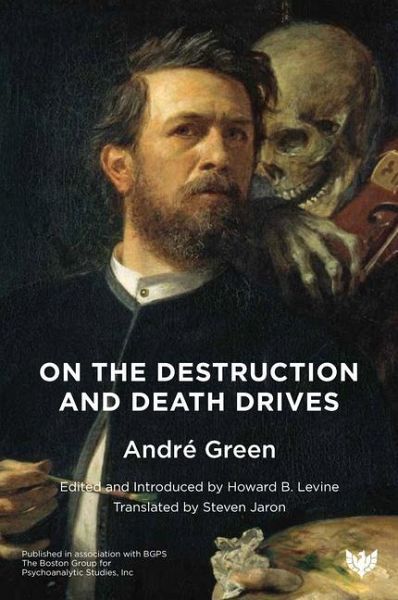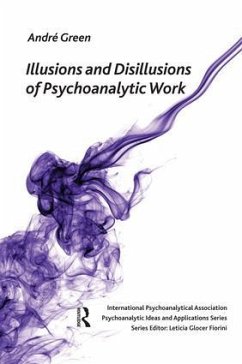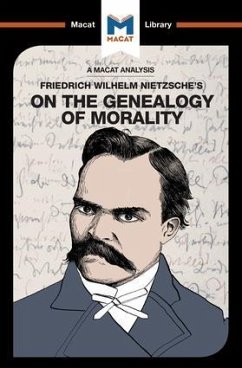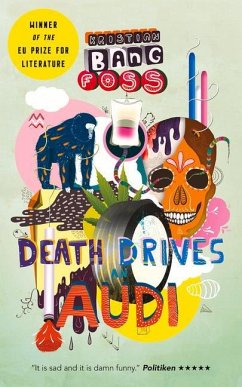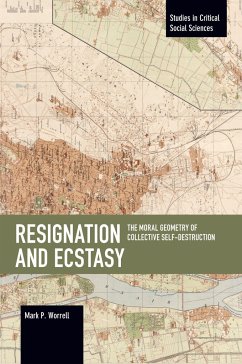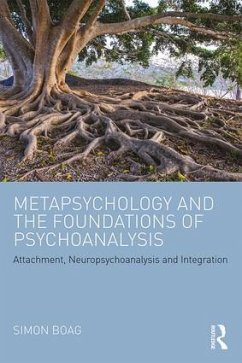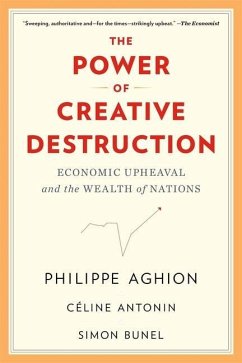Andre Green
Broschiertes Buch
On the Destruction and Death Drives
Versandkostenfrei!
Versandfertig in 2-4 Wochen
Weitere Ausgaben:

PAYBACK Punkte
16 °P sammeln!




What drives men to kill and self-destruct? Andrà Green traces the introduction and development of the controversial concept of the â death driveâ , from the work of Freud (1920â 1938) to the main contributions of classical and post-Freudian authors, including Ferenczi, Klein, Bion, Winnicott, and Lacan.
Andre Green, French psychiatrist and psychoanalyst, member of the Paris Psychoanalytical Society (SPP), was one of the most pre-eminent figures of the contemporary psychoanalytic movement, both for his theoretical and clinical research and his role within institutions. In 1965, Green became a member of the SPP, of which he was President from 1986 to 1989. From 1975 to 1977 he was a Vice-President of the International Psychoanalytical Association and from 1979 to 1980 a Freud Memorial Professor at University College London. He was elected an Honorary Member of the British Psychoanalytical Society. He attended Jacques Lacan's seminars between 1961 and 1967, when he definitively broke with him. He then directed a seminar at the Institute of Psychoanalysis in Paris where he invited the great philosophers and authors of his time including, Jean-Pierre Vernant, Michel Serres, Jacques Derrida, Marcel Detienne, and Rene Girard. A great reader of D. W. Winnicott and a friend of W. R. Bion, he constantly bridged the gap between British, American, and French psychoanalytical research in a spirit of international openness and turned towards the future of psychoanalysis. His theoretical contributions - the dead mother, private madness, the work of the negative, the analytic third, and the analytic object - opened the way to psychoanalysis beyond neurosis, the hallmark of twenty-first-century psychoanalysis. Many of his works, such as Life Narcissism, Death Narcissism, On Private Madness, and The Work of the Negative are classics of psychoanalytic literature. Steven Jaron trained as a psychoanalyst with the Psychoanalytic Society for Research and Training (SPRF), in Paris, France. He is on the staff of the Quinze-Vingts National Ophthalmological Hospital and works in private practice in Paris. He holds a PhD in French and comparative literature from Columbia University and is the author of Edmond Jabes: The Hazard of Exile (Legenda, 2003) and Zoran Music: Voir jusqu'au coeur des choses (L'Echoppe, 2008). His essays have also appeared in Libres cahiers pour la psychanalyse and in Bacon and the Mind: Art, Neuroscience and Psychology (Thames and Hudson, 2019). Howard B. Levine is a member of APSA, PINE, the Contemporary Freudian Society, on the faculty of the NYU Post-Doc Contemporary Freudian track, on the editorial board of the International Journal of Psychoanalysis and Psychoanalytic Inquiry, editor-in-chief of the Routledge Wilfred Bion Studies Book Series, and in private practice in Brookline, Massachusetts. He has authored many articles, book chapters, and reviews on psychoanalytic process and technique and the treatment of primitive personality disorders. His co-edited books include Unrepresented States and the Construction of Meaning (Karnac, 2013); On Freud's Screen Memories (Karnac, 2014); The Wilfred Bion Tradition (Karnac 2016); Bion in Brazil (Karnac, 2017), and Andre Green Revisited: Representation and the Work of the Negative (Karnac, 2018). He is the author of Transformations de l'Irrepresentable (Ithaque, 2019) and the forthcoming Between the Silence and the Cry (Routledge).
Produktdetails
- Verlag: Karnac Books
- Seitenzahl: 168
- Erscheinungstermin: 29. Juni 2023
- Englisch
- Abmessung: 227mm x 150mm x 13mm
- Gewicht: 286g
- ISBN-13: 9781912691647
- ISBN-10: 1912691647
- Artikelnr.: 63821955
Herstellerkennzeichnung
Libri GmbH
Europaallee 1
36244 Bad Hersfeld
gpsr@libri.de
Für dieses Produkt wurde noch keine Bewertung abgegeben. Wir würden uns sehr freuen, wenn du die erste Bewertung schreibst!
Eine Bewertung schreiben
Eine Bewertung schreiben
Andere Kunden interessierten sich für



